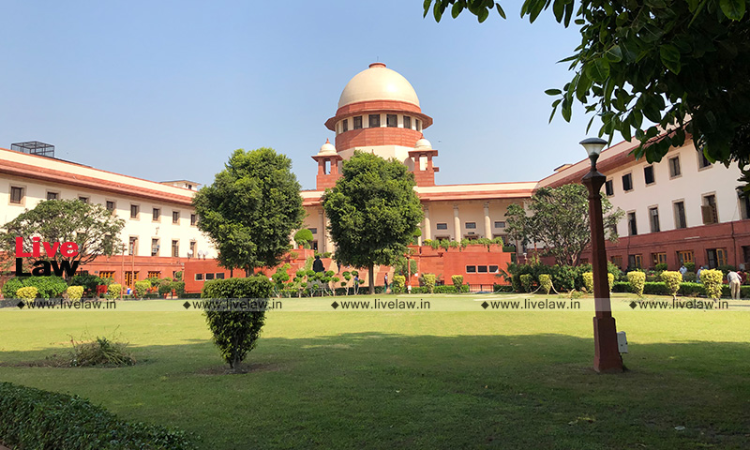- Home
- /
- Top Stories
- /
- Supreme Court Monthly Round-Up...
Supreme Court Monthly Round-Up March 2022
Shruti Kakkar
3 April 2022 10:33 AM IST
Limitation Period Cannot Be Extended On Equitable Grounds: Supreme CourtCase Title: Lingeswaran vs Thirunagalingam | SLP 2054-2055/2022 | Citation: 2022 LiveLaw (SC) 227 The Supreme Court observed that an application for condonation of delay has to be dismissed if it is found that the delay is not properly explained and that the period of limitation cannot be extended on equitable...
Next Story



